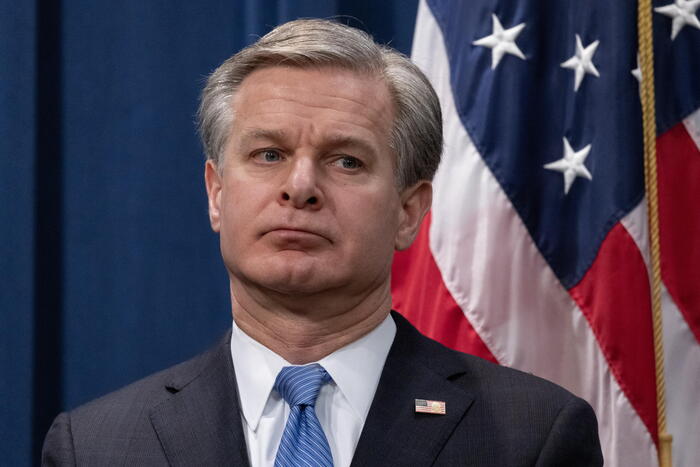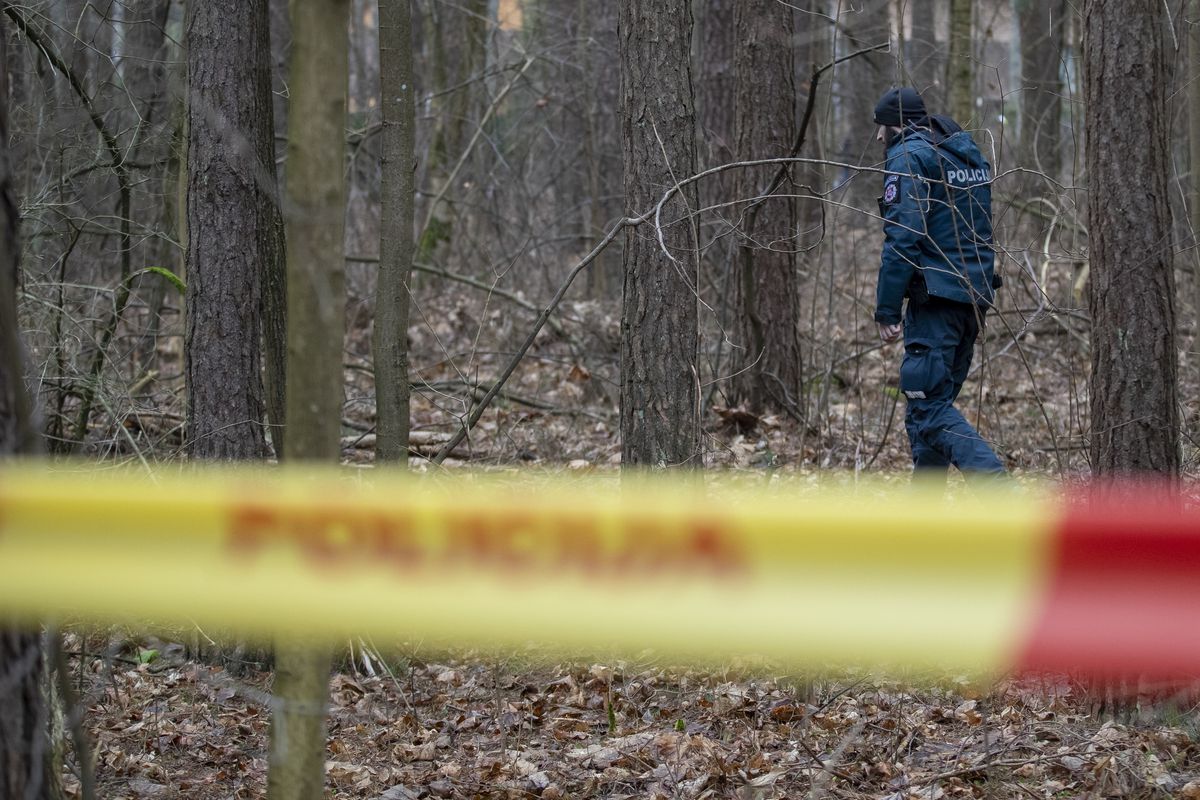Spurred on by the persistence of the terrorist threat hanging over France and despite the pandemic, the French secret services had more sustained activity last year than in 2019. This is confirmed by the fifth report of the National Commission for the Control of Intelligence Techniques (CNCTR). According to this 91-page document submitted to President Emmanuel Macron on Tuesday, the body responsible for verifying the legality of the activity of spies was the recipient in 2020 of 79,605 requests from the so-called "
first circle
" of intelligence services. , such as the DGSE or the DGSI, but also those listed in the "
second circle
», Where the Territorial Intelligence (RT) is located.
That is to say an increase of 8.2% in one year, and a jump of 18.6% compared to 2016. “
This overall result covers contrasting evolutions according to the techniques
”, confided Thursday in small committee the Councilor of State Francis Delon , president of the independent commission for whom “
the year 2020 has been a special and paradoxical year
”.
Read also: Terrorism: DGSE - DGSI, the exclusive interview with intelligence chiefs
Thus the number of requests for access to connection data has soared by 23% compared to 2019. Some 48,764 requests of this type were made last year. "
They represent more than 60% of the total number of requests
", it is pointed out to the CNCTR which specifies that "
nearly two thirds of these requests relate to the identification of people or their subscription numbers
". Moreover, even if terrorists, thugs and activists favor encrypted means, the services continue to resort to traditional telephone tapping. Continuing to grow in 2020, but at a slower pace than in previous years, what specialists call “
security interceptions
”.
Was requested 12,574 times.
Since 2016, the number of lines connected in this way has exploded by 58.4%.
Geolocation on the rise
Implemented since 2015 for the sole purpose of preventing terrorism, the use of real-time access devices to connection data is developing and makes it possible to better understand the social and digital environment of an Islamist, for example.
After a sluggish start until 2018, no less than 1,644 such requests were made last year.
As for real-time geolocation, it continues to grow strongly.
Very ergonomic and easy to use, these "
tracers
" remain very popular with services that can follow an individual without engaging a "
spinning mill
".
»Physical, often risky and consuming in terms of staff.
Geolocation, required more than 8,300 times last year, is the technique that shows the greatest progress over the period 2016-2020 (+ 246%).
Read also: This new weapon that will allow gendarmes to better geolocate delinquents
For the first time and in the name of a "
duty of transparency
", the "
police officers
" of the intelligence techniques revealed in a quantified manner the details of the requests relating to the most intrusive techniques ".
“
Due to contact and travel restriction measures linked to the Covid-19 epidemic, proximity techniques, which involve the establishment of surveillance devices in physical contact with targets, fell in 2020
“, Said this Thursday Francis Delon. In the field, this resulted in a 52.3% decrease in sound requests and spy camera poses, a 32.7% drop in requests to capture computer data by trapping electronic devices and disks. hard but also a net decrease of 43.8% of introductions in a private place to place spies.
In the same vein, the slowdown in traffic linked to the pandemic has led to a drop in the installation of beacons, limited to 1,598 in 2020. That is to say a decrease of 10.9% in one year.
What specialists call “
other
intelligence
techniques
” have been used sparingly.
This is the case of the very fantasized "
Imsi catcher
": this expensive and sophisticated spy device which siphons off connection data, "
each year only represents 0.4% of the total number of requests
", notes the report.
Three algorithms in operation
The object of heated controversy, the algorithms, that is to say these black boxes ”so contested and supposed to“
trawl
”information on the Internet concerning terrorism, have hardly evolved. "
No new algorithm was implemented in 2020, as in 2019
", reveals the CNCTR which confirms that: "
to date, three algorithms are in operation, the first having been authorized in October 2017 and the following two in october 2018
".
Deployed on an experimental basis until next December 31 theoretically, this device protected by national defense secrecy should be perpetuated thanks to the next anti-terrorism and intelligence bill that Gérald Darmanin will present next Wednesday in the Council of Ministers.
Asked about its effectiveness, the host of Beauvau just clarified that he has already avoided two attacks.
In total, some 21,952 people, out of a population of 66 million, were the subject of a surveillance request in 2020. While it reflects an 8% increase in the number of targets since 2016, this figure , for the first time, posted a slight decline of 1.2% compared to 2019. “
This development contrasts, apparently, with that of requests for the implementation of intelligence techniques which register an increase of about 8%, insists the report. This difference can be explained, on the one hand, by the dangerousness of certain profiles which justifies implementing several intelligence techniques against the same target and, on the other hand, by the various measures containment which sometimes forced the services to resort to techniques other than those usually used
”.
Among the people in the crosshairs of the services, 8,786 suspects, were targeted for “
prevention of terrorism
”. Up by 13.6%, this aggregate linked above all to the fight against radical Islamism remains the most important since it represents 40% of the total of those monitored. In addition, 5,021 individuals were followed within the framework of the “
prevention of organized crime
”, that is to say a proportion which remains stable over five years to represent 22.9% of the total. "
In 2020, the defense and promotion of the major interests of foreign policy, the execution of France's European and international commitments and the prevention of any form of foreign interference motivated 16.5% of requests, against 15% in 2019
“, Further details the annual report which thus shows, in hollow that the activities of espionage and counter-espionage are on the rise in a complex world. The experts of the commission, who have never ceased to carry out their control mission during the pandemic, have just, to use the phrase of Francis Delon "
eased off
" in the spring of 2020 on the controls carried out a posteriori within the same organizations. services. 76 were carried out last year, against a hundred in 2019. All the opinions of the CNCTR were approved by the services of the Prime Minister and only 0.8% of the requests formulated by the services were retoque. This proves that the intelligence community, after a tentative start, has now appropriated the legal framework assigned to it since 2015.












/cloudfront-eu-central-1.images.arcpublishing.com/prisa/KMEYMJKESBAZBE4MRBAM4TGHIQ.jpg)

